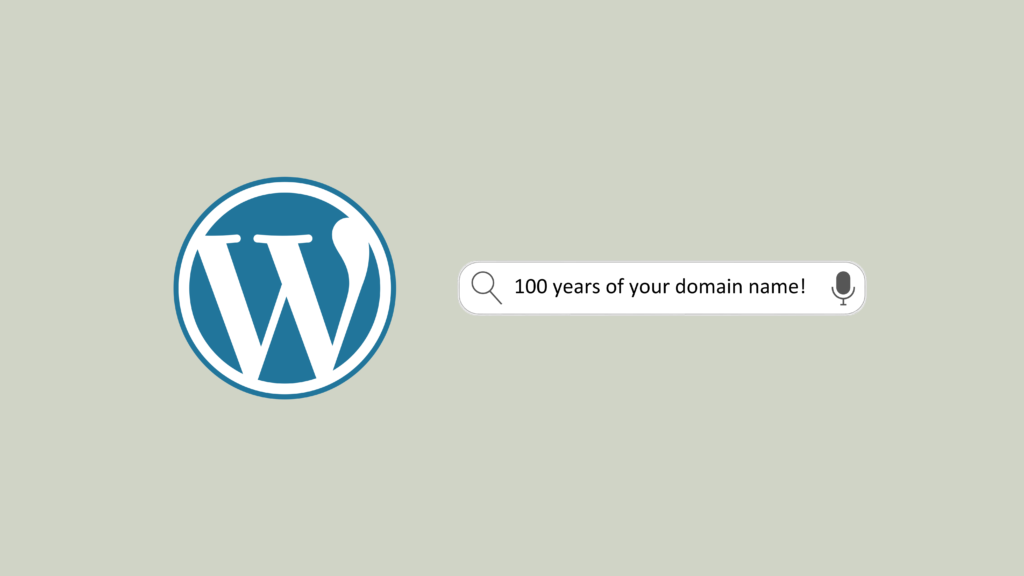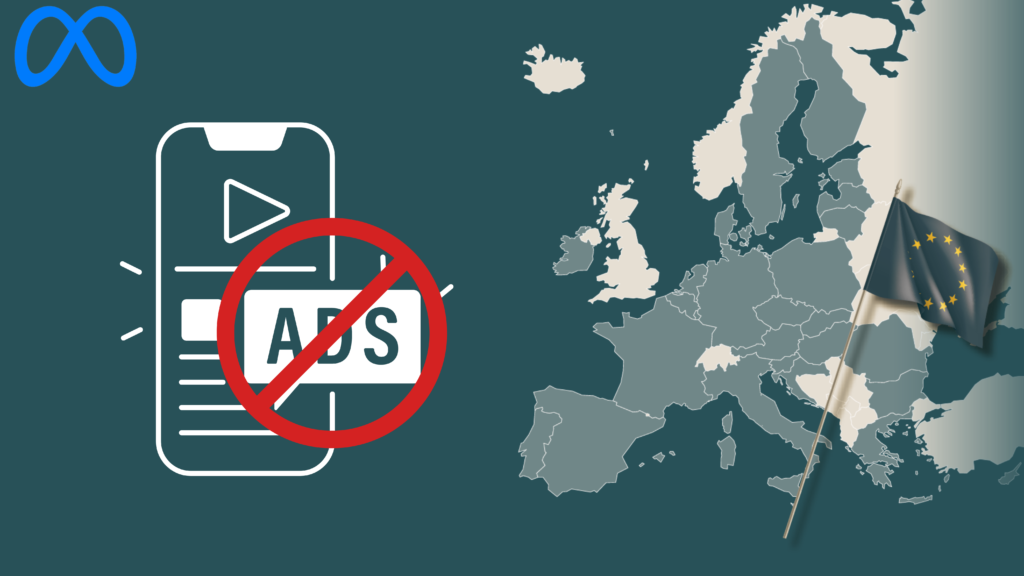Good afternoon, and welcome to the Intelligency Digital Roundup.
This week, WordPress announced 100-year domain name registrations, Meta could scrap ads for paid subscribers in Europe, and Google is raising page speeds in an experimental trial.
Let’s learn some more about each.
100-year domain name registration with WordPress

WordPress has announced that businesses can pay a one-time registration fee for their domain name to last 100 years. With the fee, there would also be managed hosting and also 24/7 customer service.
The price is surprising, however, coming to a total of $38,000. It’s important to note that you can only usually register a domain name for 10 years.
WordPress is dubbing this fee the “100-year plan”.
So what comes with WordPress’ 100-year plan?
WordPress’ official announcement stated that the plan comes with the following:
- The domain being secured for 100 years
- Multiple backup locations across the world
- “Top tier” hosting
- Unlimited traffic
- Dedicated 24/7 support
The plan has been designed for individuals, families, and companies who want to cement their legacy.
“Families who wish to preserve their digital assets—the stories, photos, sounds, and videos that make up their rich family history—for generations to come.
Founders who want to protect and document their company’s past, present, and future.
Individuals seeking a stable, flexible, and customized online home that can adapt to whatever changes the future of technology will bring.”
The CEO of WordPress, Matt Mullenweg, had this to say:
“Whether it’s giving a newborn the special gift of a domain and lifetime home on the web, or something you put in your will to make sure your website and story are accessible to future generations, I hope this plan gets people and other companies thinking about building for the long term.”
If you want to sign up for the 100-year plan, WordPress has a link on the announcement.
Meta Might Offer Ad-Free Paid Versions of Facebook & Instagram in Europe

Meta is thinking about offering ad-free, paid versions of Facebook and Instagram in Europe according to the New York Times. They haven’t stated how much this might cost or when it will be available. But don’t worry, they’ll still have the free versions that come with ads, says the New York Times.
How could this affect businesses?
If many users switch to this paid version, brands might not reach as many people with their ads. For now, this ad-free idea is for Europe, but it might go to the US later. This act does apply to the UK, but it’s unclear if the ad-free option would be offered to UK users.
Marketers, keep an eye on this! You might have to think about where you want to spend your ad money. Other avenues such as LinkedIn may have to be explored instead.
Why the change?
The European Union has a new rule called the Digital Services Act. It starts on 1 January 2024. This rule asks big online companies, like Google and Meta, to make the online space safer and fairer for businesses. This might be why Meta is thinking about the paid, ad-free versions.
What has Meta said?
Meta hasn’t officially said anything about this new idea. But in 2018, the head of Meta, Mark Zuckerberg, did hint at something like this. He said to the US Senate, “There will always be a version of Facebook that is free.” Sheryl Sandberg, who was a top leader at Meta, also mentioned, “If you want no ads, that might be something you’d have to pay for.”
We’ll definitely be keeping an eye on this, so stick with the roundup to keep yourself updated too.
Google Introduces a Solution to Speed Up Webpages

Google has unveiled a new method to run JavaScript, making web pages load faster. This is great news for website publishers, as it helps improve a new webpage performance measure.
About current page speeds
Web pages need to respond quickly to users. A new measure, called Interaction to Next Paint (INP), will replace the older First Input Delay (FID). To score well on INP, which starts in March 2024, web pages should be super responsive.
The issue? Some JavaScripts, known as “Long Tasks”, take too long to run, causing web pages to be sluggish. It’s like having a slow car on the fast lane – everything gets delayed.
Currently, when users click a button, they often have to wait because these long scripts block other tasks. Google aims to fix this
There are existing coding solutions to make user interactions faster, but they’re not perfect. They solve different issues and sometimes even worsen the problem. Google points out that current workarounds can delay the main task even further.
Google’s proposed solution
Google suggests a fix named scheduler.yield. Here’s how it works:
- It pauses the long task.
- Lets the user task run.
- Once that’s done, the main task continues from where it paused.
This feature has been available for testing in Chrome 115 since July 13th.
Google is inviting users to test this feature in a real-world setting. This “origin trial” aims to collect feedback and understand its effectiveness. There are certain precautions, though. Websites using this should have a backup plan for browsers not using Chrome 115.
This feature is still being tested. But, with INP becoming a crucial measure in 2024, adopting this early might give publishers an edge over competitors. Just ensure you’re prepared for browsers not yet supporting this new feature.
As always, thanks for reading the Intelligency Digital Roundup!






